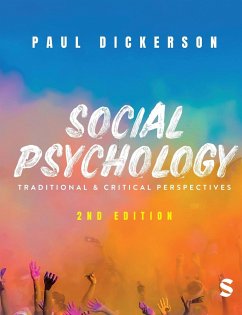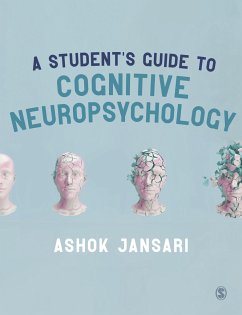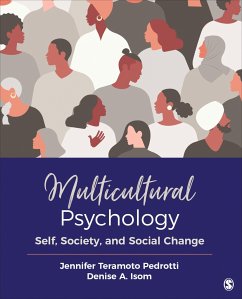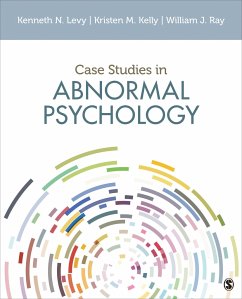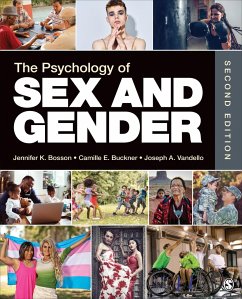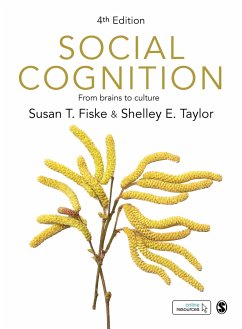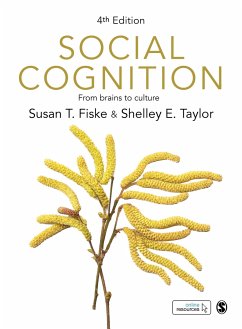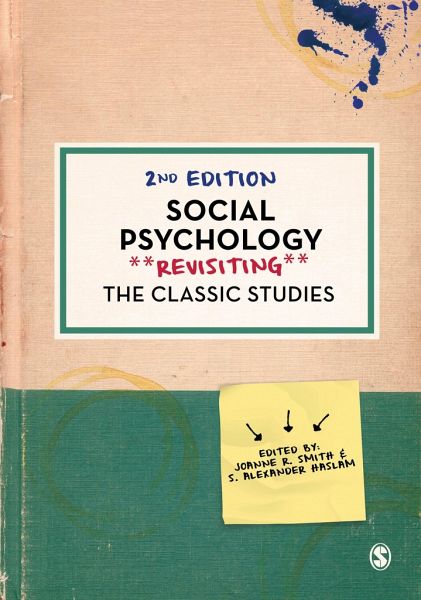
Social Psychology
Revisiting the Classic Studies
Herausgegeben: Smith, Joanne R.; Haslam, S. Alexander
Versandkostenfrei!
Versandfertig in 6-10 Tagen
27,99 €
inkl. MwSt.
Weitere Ausgaben:

PAYBACK Punkte
14 °P sammeln!
Revisiting the Classic Studies is a series of texts that introduces readers to the studies in psychology that changed the way we think about core topics in the discipline today. It provokes students to ask more interesting and challenging questions about the field by encouraging a deeper level of engagement both with the details of the studies themselves and with the nature of their contribution. Edited by leading scholars in their field and written by researchers at the cutting edge of these developments, the chapters in each text provide details of the original works and their theoretical an...
Revisiting the Classic Studies is a series of texts that introduces readers to the studies in psychology that changed the way we think about core topics in the discipline today. It provokes students to ask more interesting and challenging questions about the field by encouraging a deeper level of engagement both with the details of the studies themselves and with the nature of their contribution. Edited by leading scholars in their field and written by researchers at the cutting edge of these developments, the chapters in each text provide details of the original works and their theoretical and empirical impact, and then discuss the ways in which thinking and research has advanced in the years since the studies were conducted.
Social Psychology: Revisiting the Classic Studies traces 15 ground-breaking studies by researchers such as Asch, Festinger, Milgram, Sherif, Tajfel and Zimbardo to re-examine and reflect on their findings and engage in a lively discussion of the subsequent work that they have inspired.
Suitable for students on social psychology courses at all levels, as well as anyone with an enquiring mind.
Social Psychology: Revisiting the Classic Studies traces 15 ground-breaking studies by researchers such as Asch, Festinger, Milgram, Sherif, Tajfel and Zimbardo to re-examine and reflect on their findings and engage in a lively discussion of the subsequent work that they have inspired.
Suitable for students on social psychology courses at all levels, as well as anyone with an enquiring mind.




